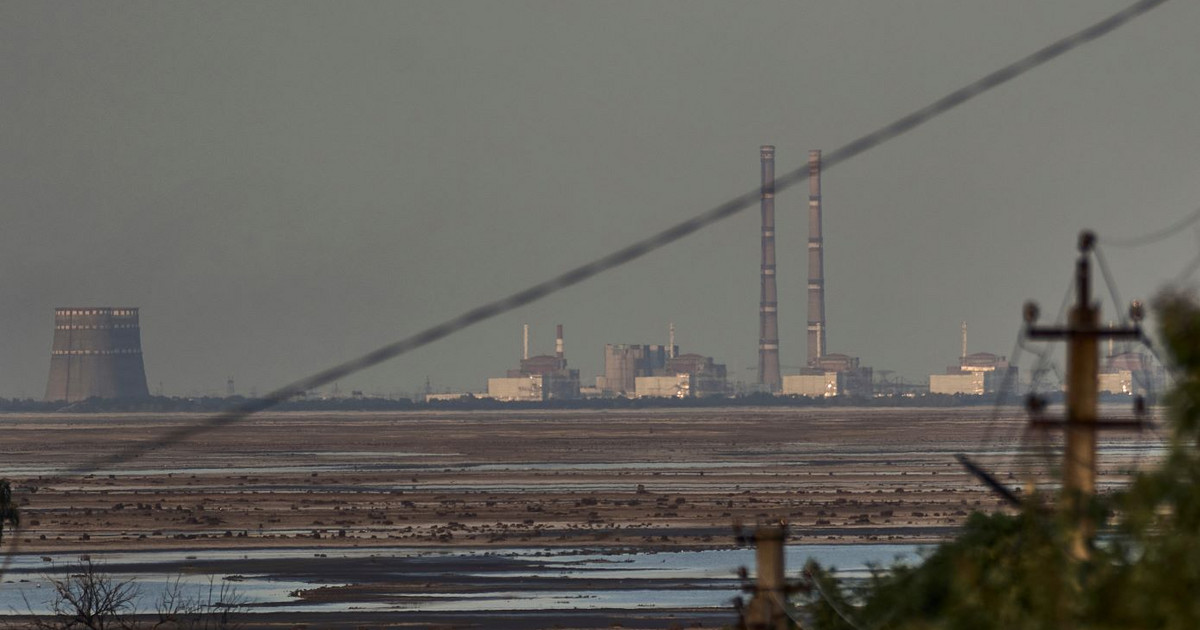The price of carbon needs to average at least $75 a ton globally by the end of the decade for global climate goals to be successful, the head of the International Monetary Fund (IMF) told Reuters.
Speaking ahead of the COP27 climate talks in the Egyptian coastal city of Sharm el-Sheikh, IMF Managing Director Kristalina Georgieva said the pace of change in the real economy is still “very slow”.
A recent analysis by the World Bank-affiliated group suggests that the sum total of global national commitments on reducing climate-damaging emissions would drop them by just 11% by mid-century.
“Unless we predictably price carbon on a trajectory that takes us to at least an average price of $75 per ton of carbon in 2030, we simply don’t create the incentive for businesses and consumers to change,” she said.
While some regions, like the European Union, already price carbon above that level – the EU benchmark price is around €76 a ton – other regions, like the US state of California, see carbon subsidies being sold by just under US$30 per ton, while some have no price at all.
“The problem is that in many countries, not just poor countries, all over the world, the acceptance of price pollution is still low,” she said, a situation exacerbated by the current high-cost-of-living environment.
But Georgieva said there are different routes a country can take. The world’s second largest emitter, the United States, for example, is unlikely to set a national price on carbon, given strong political opposition to carbon taxes and ‘cap and trade’ systems.
“Just focus on equivalence. If the US chooses to impose a carbon cost through regulation and discounts rather than taxes or trade, it shouldn’t matter. What should matter is the equivalent price.”
She cited the IMF’s proposal for a minimum carbon price and the proposal launched by Germany for a ‘carbon club’ of the world’s largest economies, which would coordinate how members measure and price carbon emissions and enable cooperation in reducing carbon emissions. emissions in the largest industrial sectors.
“Whether there will be a breakthrough at this COP or later, it has to be soon, because we are practically out of time to succeed in this transition.”
Source: CNN Brasil
I’m James Harper, a highly experienced and accomplished news writer for World Stock Market. I have been writing in the Politics section of the website for over five years, providing readers with up-to-date and insightful information about current events in politics. My work is widely read and respected by many industry professionals as well as laymen.






